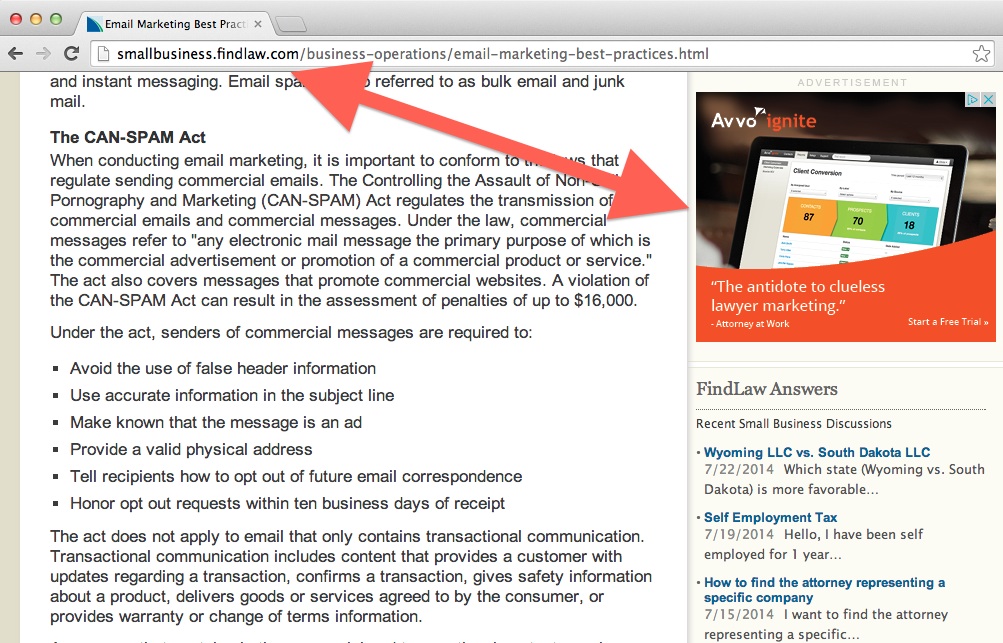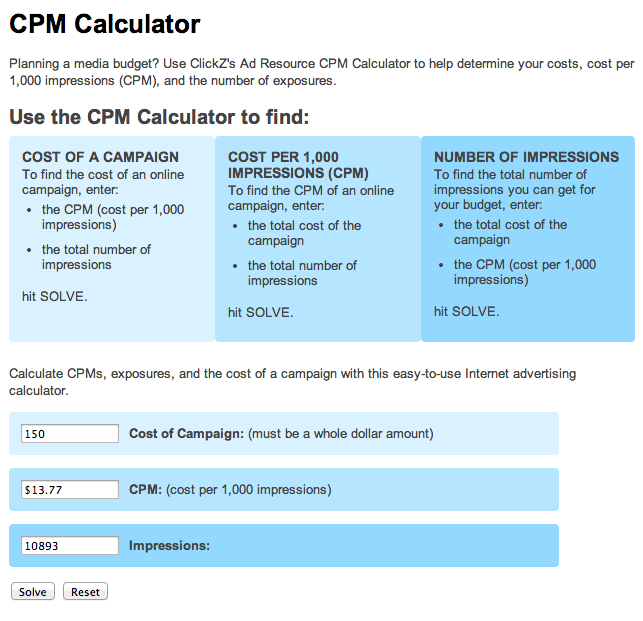You might have heard the term “remarketing” before, it’s pretty common in the digital marketing world. Just in case you weren’t fully sure what it entails, here’s a quick backgrounder on the basics of remarketing.
What Even is Remarketing?
Well, it’s marketing, again. You market to audiences that have already interacted with your ads. Since consumers often take multiple visits to a website before converting, it makes sense that they probably didn’t become a client the first time they clicked on your ad. Does this mean you paid for a click that didn’t end up having a conversion? Yes. Does that mean it was a wasted click? No.
The good thing about interactions, even if they don’t result in conversions, is that they show you who is interested in your firm. By targeting people who interacted with your ad, you are cutting out a large portion of the uninterested population, and saving money in the process. Remarketing campaigns often have higher return on ad spend (ROAS) and lower cost per click (CPC).
So, in summary, remarketing is marketing to people who you know are interested but might need a reminder in order to become a client.
Where Does Remarketing Work Best for Lawyers?
Remarketing is an option on most ad platforms, from Google to Facebook to Microsoft. Each platform has its own unique abilities and allowances regarding how many times you can show an ad to one person in a day. Facebook is at the higher end of that spectrum, Google is on the lower end.
As far as law firms go, the platform does matter. The impact of a Facebook ad and Google or Bing Search ad are very different and serve different purposes. Where Facebook may be able to relentlessly promote your brand through rigorous remarketing, Search will catch people when they are actively looking for a lawyer. It’s all a balancing game. Luckily, we’re really good at balancing.
How to Take Advantage of Remarketing
Your law firm can start remarketing as soon as you have data from marketing. You will have to figure out which of your audiences are best to target, and then narrow it down from there.
If you feel like your law firm could benefit from remarketing, and think that you might need some help in running your ad campaigns, contact Mockingbird.






